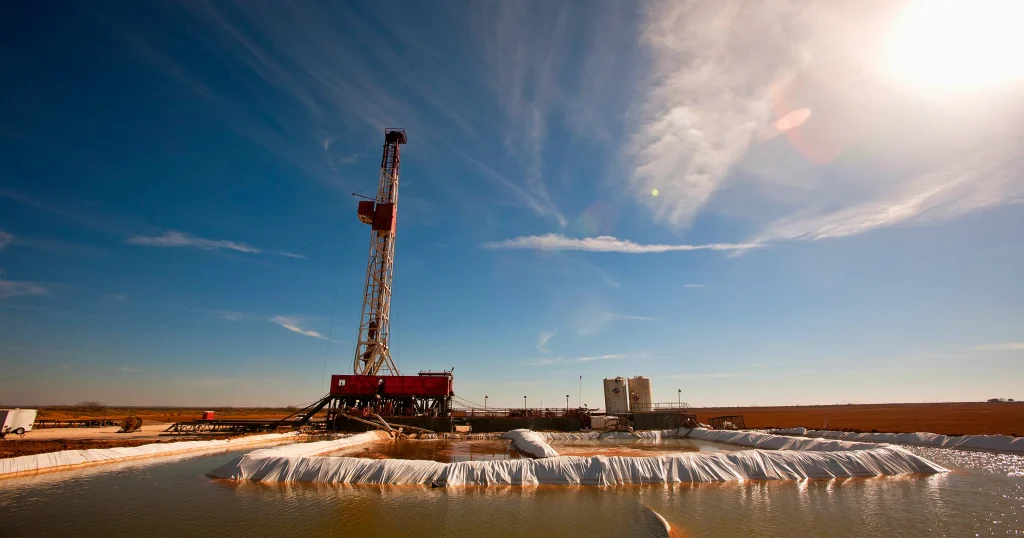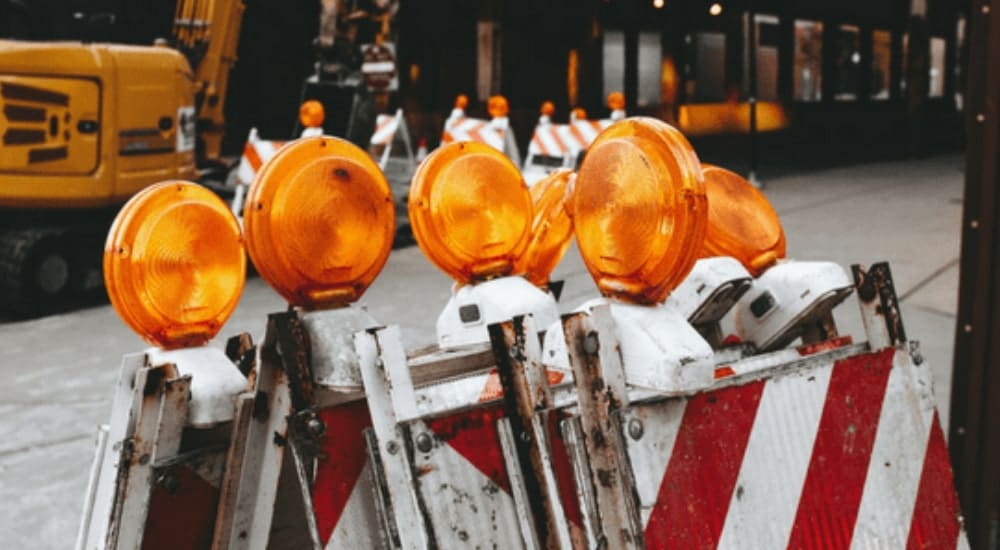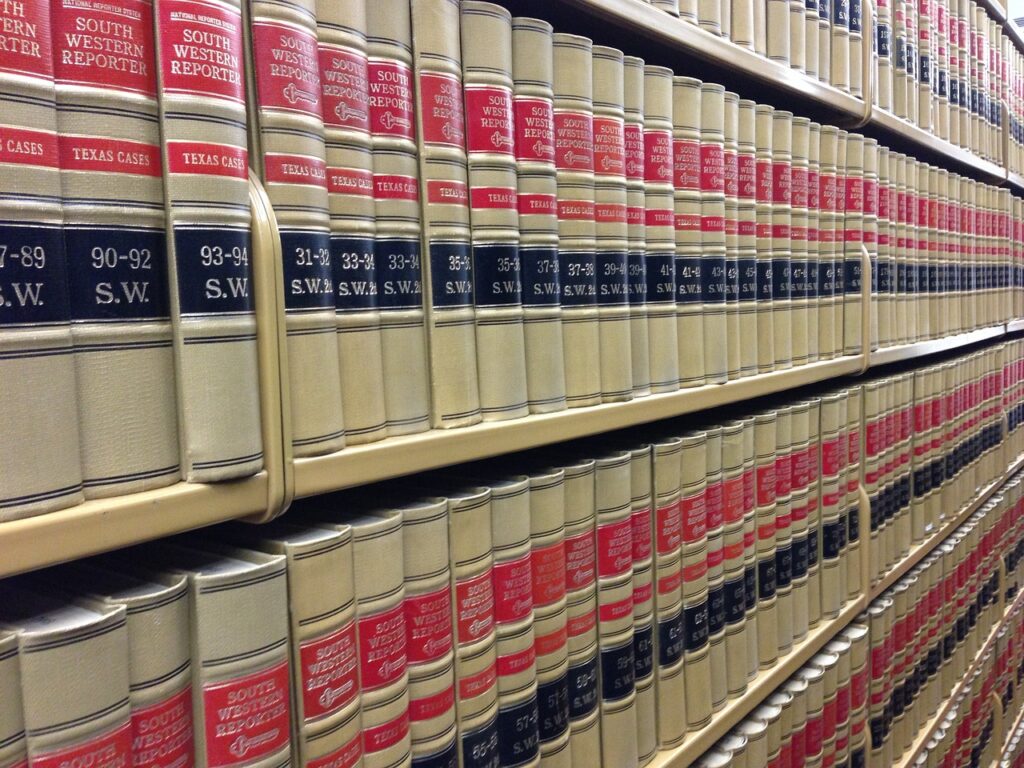What to Expect in Oil Field Injury Cases: Companies and Insurers Often Deny Responsibility and Downplay Victim’s Losses.

Working in the oil industry can be a lucrative venture, but it is no secret that it comes with inherent risks. Oilfield workers face dangerous circumstances on a daily basis, and despite strict safety regulations, accidents still happen. In the event of an oil field injury, it is important to know what to expect when dealing with company insurers and legal teams. Unfortunately, companies and insurers often deny responsibility for injuries and downplay the losses suffered by victims. In this blog post, we will explore what to expect in oil field injury cases and how to navigate the legal system to ensure just compensation for victims.

I. Introduction
Brief explanation about the prevalence of oil field accidents and how it can have devastating effects on workers
Oil field accidents are unfortunately a common occurrence in the industry. According to the Bureau of Labor Statistics, the oil and gas extraction industry has a fatality rate that is seven times higher than the average for all U.S. industries. These accidents can have devastating effects on workers and their families, causing serious injury or even death. Workers may experience long-term physical and emotional trauma as a result of their injuries, affecting their ability to work and provide for their families. Seeking compensation for these injuries is crucial to help mitigate the financial burdens that can arise from these accidents.
Importance of seeking compensation for oil field injuries
It is important for individuals who have suffered from oil field injuries to seek compensation for their losses. Workers’ compensation may cover some medical expenses and lost wages, but it will not cover all their expenses. Pursuing a personal injury claim in addition to a workers’ compensation claim can help injured workers receive fair compensation for the damages they have suffered. Insurance companies may try to deny or devalue claims, but with the help of an experienced attorney, victims may be able to obtain the compensation they deserve. Seeking compensation can also help deter oil and gas companies from continuing their negligence and dangerous behavior. [3][4]
II. Liability for Oil Field Accidents
Entities that can be held responsible for oil field accidents (employers, equipment manufacturers, third parties)
When it comes to oil field accidents, there are a number of entities that can be held responsible for their occurrence. The primary culprits are often the employers or contractors who hire workers to perform tasks on oil rigs or drilling sites. However, equipment manufacturers may also be held liable if their products malfunction and cause injury. Additionally, third parties such as subcontractors or vendors who supply equipment or materials may also be held accountable in the event of an accident. It’s important to identify all responsible parties in order to pursue the compensation victims deserve.
Examples of employer negligence that can result in injuries
Employer negligence can take many forms, and unfortunately, it often leads to serious accidents and injuries in the oil field. Some common examples include failure to provide adequate safety equipment, ineffective training protocols, and inadequate supervision. In some cases, employers may also fail to properly maintain equipment or overlook warning signs of potential hazards. When any of these failures occur, the consequences can be catastrophic for workers on the job. It is important for victims to speak with a qualified personal injury attorney to explore their legal options and seek compensation.
Ways in which equipment malfunctions or improper maintenance can lead to injuries
Improper maintenance of equipment in oil fields can result in serious accidents and injuries. This can include neglecting to inspect and repair machinery, failing to train workers on proper handling and use of equipment, and not following safety protocols. Equipment malfunctions can also occur due to defective manufacturing and design. Injuries resulting from equipment failure can range from minor cuts and bruises to severe burns, fractures and even death. It’s important for companies to prioritize regular maintenance and inspections to prevent these incidents from occurring.
III. Workers’ Compensation Claims vs. Personal Injury Claims
Overview of workers’ compensation and its limitations
Workers’ compensation is a no-fault insurance system that provides injured workers with benefits to cover their medical expenses and lost wages. These benefits include medical care, temporary disability benefits, permanent disability benefits, supplemental job displacement benefits, and death benefits. However, there are limitations to workers’ compensation benefits, such as exclusions of injuries for which aging is a contributing factor. It is important for workers to understand their rights and options when it comes to workers’ compensation, as well as when it is possible to file a personal injury claim against an employer. [11][12]
When it is possible to file a personal injury claim against an employer
It is possible to file a personal injury claim against an employer if the employer exhibited gross negligence and caused the worker’s injuries. Gross negligence includes incidents in which a person is extremely careless, commits safety violations, or engages in misconduct. Depending on the details of the case, it’s possible that gross negligence caused the injuries. If so, the injured worker may be able to file a personal injury claim against their employer. Pursuing a personal injury claim can provide additional compensation beyond the limited benefits provided by workers’ compensation. However, it is important to note that personal injury claims can be complex and require professional legal assistance. [13][14]

Benefits of pursuing a personal injury claim in addition to a workers’ compensation claim
One potential advantage of pursuing a personal injury claim in addition to a workers’ compensation claim is the possibility of receiving a higher amount of compensation. Workers’ compensation benefits are typically limited and may not fully cover all of the victim’s losses, such as pain and suffering or future lost earnings. A personal injury claim allows the victim to seek additional damages, such as punitive damages that punish the responsible party for their negligence. In some cases, a personal injury claim may even result in a settlement that far exceeds the workers’ compensation benefits. However, it is important to note that pursuing a personal injury claim may also be more time-consuming and require more legal resources compared to a workers’ compensation claim.
IV. Insurance Tactics and Common Red Flags
Ways in which insurance companies can deny or devalue claims
Insurance companies can use a variety of tactics to deny or devalue claims made by accident victims. They may act friendly and sympathetic towards the victim, but their ultimate goal is to pay out as little as possible on every claim. Some common tactics include hurrying to process claims before victims understand the severity of their injuries, dragging their feet on finalizing claims and sending payments, and asking for recorded statements or medical authorizations that can be used against the victim later. Accident victims should be aware of these tactics and seek the help of a lawyer to ensure that their rights are protected. [17][18]
Examples of how insurance adjusters may take advantage of victims’ confusion or vulnerability
Insurance companies are known to have tactics that can work against oil field injury victims. Adjusters may try to take advantage of victims’ confusion or vulnerability by offering quick settlements that undervalue the victim’s losses or by denying responsibility altogether. Insurance companies may even attempt to discredit the victim’s claims or medical history to avoid paying out a fair settlement. This is why it is crucial to have legal representation and to understand your rights as an injured worker in the oil industry. Seeking compensation is not only about getting the financial support to cover medical bills and lost wages but also about holding the responsible parties accountable for their negligence.